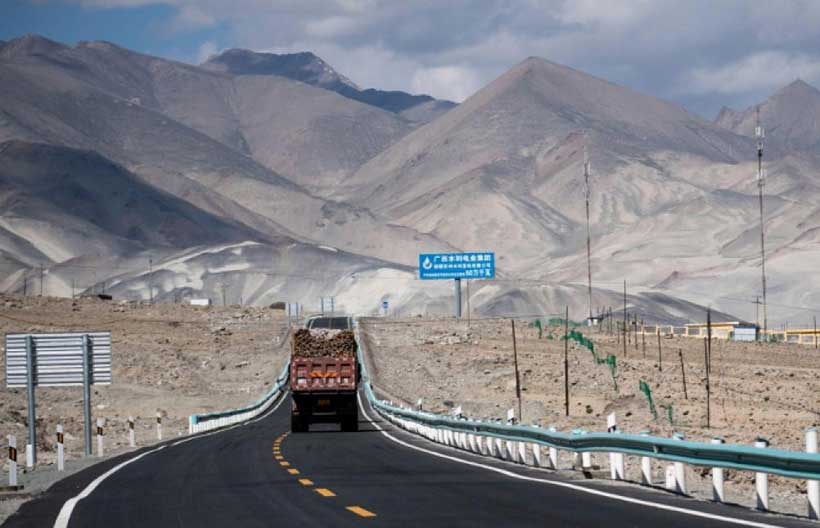The Government of Pakistan is actively driving several significant development projects in Gilgit-Baltistan, aiming to enhance infrastructure, energy, education, and social progress. These efforts are set to uplift the region in multiple ways, addressing key challenges and boosting regional growth.
A key initiative is the 100 MW solar power project in Gilgit-Baltistan, designed to promote sustainable energy. This project will allocate 40 MW to Gilgit and 20 MW to Skardu, Chilas, and Ghanche. The government has also launched a 16 MW hydropower project, Naltar-III, which will meet the energy demands of Gilgit city and nearby areas. This project is expected to cost Rs 6.199 billion, and the electricity will be distributed via a 66 kW transmission line.
To further meet the region’s energy needs, the Hanzal Hydropower Project has been introduced, which will generate 20 MW of electricity, stimulating regional development and economic activity. Additionally, the Gilgit QIU Hydropower Project, part of CPEC, will provide 100 MW of energy to the region and is expected to be operational by 2025. This project is crucial for strengthening Pakistan’s energy security.
Aware of the electricity shortages during winter, the government has announced two more hydropower projects aimed at boosting the region’s energy capacity. These projects are under rapid development.
In terms of infrastructure, the Naltar Expressway has been inaugurated to improve connectivity in Gilgit-Baltistan. The expressway will enhance the region’s infrastructure and open up new opportunities for growth. Moreover, the Gilgit-Shandur Road project, estimated at Rs 50 billion, will connect Gilgit with Chitral. This road will provide an alternative route to the Karakoram Highway, promoting trade and connectivity between the two regions.
The Government of Pakistan has also established Special Economic Zones (SEZs) in Gilgit-Baltistan, such as the Maqpun Das Special Economic Zone and the Mainwar Industrial Zone, to spur economic development. The Maqpun Das Special Economic Zone will provide local economic benefits by promoting industries like fruit processing, mineral processing, marble production, and steel. It will also foster local skills development and strengthen trade with China.
Similarly, the Mainwar Industrial Zone is being built to accelerate industrial growth in Gilgit. This zone will encourage investment, create jobs, and support local businesses, aligning with CPEC’s industrial growth objectives and leading to broader socio-economic development in the area.
In an effort to boost tourism and international connectivity, Skardu International Airport has been upgraded to meet international standards. The first international flight from Dubai landed at the airport in August 2023. The Civil Aviation Authority anticipates more international flights to this airport, which will contribute to Gilgit-Baltistan’s economic growth.
To support the region’s digital transformation and enhance educational opportunities, Pakistan has established software technology parks and freelancing hubs. These initiatives will help local youth access the online freelancing market and promote educational development in the area, opening new doors for career growth in technology and IT sectors.
The Pakistan-China Optical Fiber Project, part of CPEC, is another important development project. This 820-kilometer fiber optic project will enhance connectivity from Khunjerab to Rawalpindi, boosting communication and economic development in the region.
These development projects reflect the Government of Pakistan’s commitment to the growth and upliftment of Gilgit-Baltistan, aiming to improve infrastructure, energy, and economic opportunities for the local population.


